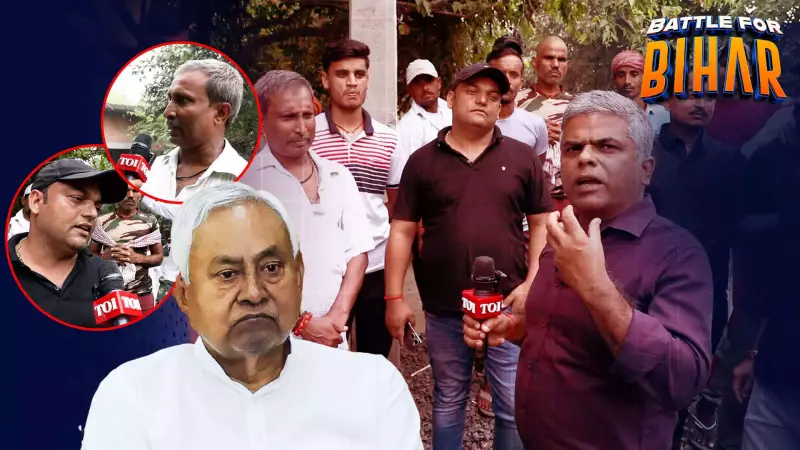
In the heart of Bihar's politically significant Mokama constituency, a wave of discontent is sweeping through the electorate as residents express deep concerns about the deteriorating law and order situation under Chief Minister Nitish Kumar's administration.
Ground Reality: Citizens Speak Out
Local voters are painting a grim picture of the current security landscape, highlighting what they describe as a noticeable decline in public safety and governance. The frustration among the electorate has reached a tipping point, with many openly discussing the need for alternative leadership that can restore stability and security to the region.
Key Concerns Raised by Mokama Voters:
- Rising insecurity in daily life and business activities
- Perceived failure of the current administration to maintain law and order
- Growing demand
- Economic impact of the unstable security environment
Political Implications
The vocal dissatisfaction in Mokama signals potential trouble for the ruling alliance as Bihar prepares for crucial electoral battles. The constituency, known for its political significance, often serves as a barometer for broader public sentiment across the state.
"The people's message is clear and unambiguous," notes our ground assessment. "There's a palpable sense of urgency among voters who believe the current leadership has failed to address their fundamental security concerns, making the law and order issue a central theme in the upcoming political contest."
What Lies Ahead
As election season approaches, the discontent in Mokama could potentially reshape political equations in Bihar. The demand for new leadership reflects deeper structural issues that opposition parties are likely to leverage in their campaign strategies.
The evolving situation in Mokama underscores how local governance issues, particularly law and order, can become defining factors in state-level politics, potentially determining the fate of established political figures and parties.






